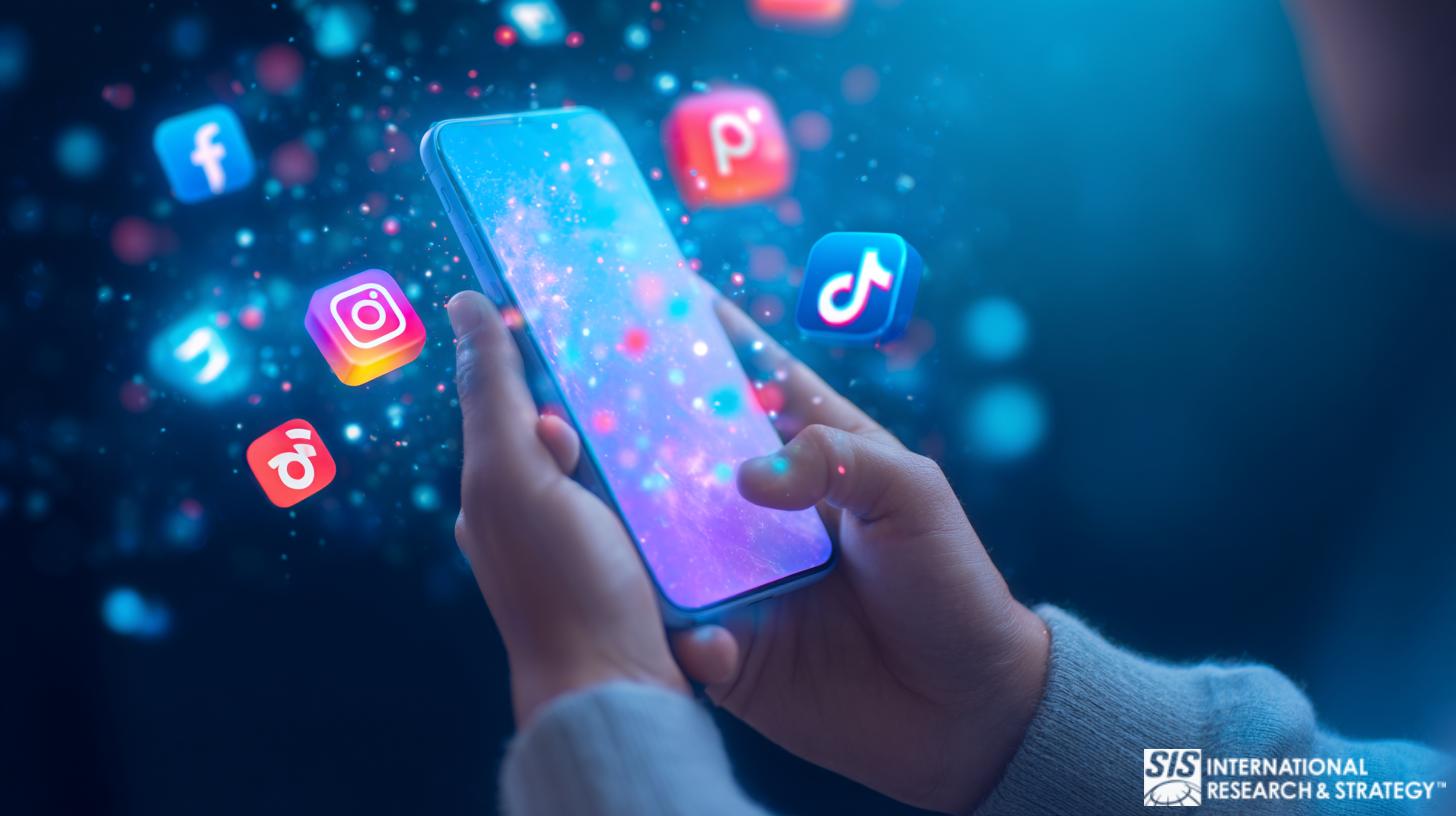
Opinion/Humor Piece: Much debate has ensued over the question of how digital media have altered the fundamentals of communication. Sure, digital platforms make it quick and easy to reach a large audience in an instant, but have texting, Tweeting, and Facebooking sapped all the subtly and nuance from our communication? It seems this is still a hot issue more than two millennia from now. Read this excerpt from a scholarly paper from the 44th century to see how our distant progeny will grapple with this thorny issue.
Customs in Verbal and Physical Communication in the Pre-Digital World: 10,000 BCE – 2002 AD
Honors thesis in History, Yale University, Spring, 4359
The expression “showing up is half the battle” appears copiously in pre-digital literature. Using contextual evidence and redactive critical methods, it can be determined that this adage suggested a correlation between one’s physical presence in a specific place and the ability to project an air of competence and garner respect from others. This common belief of the pre-digital era stemmed from the communicational customs of the time.
Scholars maintain that before the advent of primitive Smartphones in the early 21st century, many pre-digital humans did most of their communication while physically occupying the same space. They would make eye contact, form complete sentences, and keep other people’s sentences in mind for as long as 3-5 seconds in order to form responses.
Early man was also highly adept at what was known as “non-verbal communication.” Before the advent of emoticons, humans are said to have been able to form facial expressions of their own to express happiness, sadness, perplexity, confusion – even admiration and love. Remarkably, they could like things without “liking” them. They could maintain friendships and romantic relationships without being “friends” or “in a relationship.”
It has also been suggested that, before the omnipresence of camera phones, pre-digital humans had photographic devices they referred to simply as “cameras.” They would reserve the use these cameras for special occasions, such as birthday parties, graduations, or vacations, and only photograph subjects with particular significance. There is evidence that humanity evolved in this regard at the dawn of the digital age, at which point photo albums with titles like “friday at jess’s” and “my cat” began appearing on the proto-internet in droves.
Though the methods of our ancient ancestors seem impossibly archaic, one cannot help but wonder if some value was lost when the Global Counsel of Digital Overlords banned communicating in person in 2486. At the risk of a life sentence in digiprison I pose the following: Have we lost our way as a species? What can be gained by communicating in the way of our pre-digital forbearers? Would you know how to spell chrysanthemum without autocorrect? Did real flowers smell better than the HiDef digiflowers that replaced them?
By Sean Ryan – An Opinion Piece



